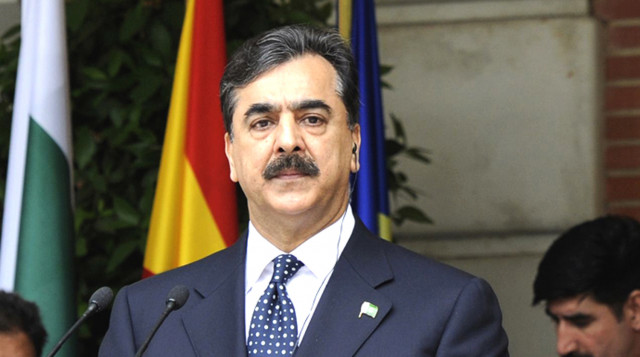Questions of sovereignty
The question of sovereignty helps explain why so many Pakistanis seem to dislike the US.

Questions of sovereignty
The question of sovereignty is indeed becoming a very grave one. It concerns almost everyone in the country. In a way it helps explain why so many Pakistanis seem to dislike the US, despite its laudable assistance, for example, in the post-flood relief and rehabilitation effort. Of course, the drone attacks drive home this issue of sovereignty almost on a daily basis given that many Pakistanis seem to wonder how on the one hand Pakistani airspace is intruded so readily and how on the other, the government fulminates after each and every one and lodges a protest with the Americans. As far as the drone attacks are concerned, it really is no secret that in many cases the aircraft have taken off from bases inside Pakistan, bases in the US of American forces, or partially in their use, and that such an arrangement was obviously agreed to by the government as well as the military. Hence, in a very direct way, the issue of sovereignty is complicated by what seems to be the intelligent and informed observer of some element of double-speak on the part of Islamabad. Until and unless that ambiguity is resolved, or clarified as it were, this contradiction will keep surfacing every now and then.
Furthermore, the fact of the matter also is that a country like Pakistan is heavily dependent on foreign aid and loans from international multilateral lending agencies. And the floods have made that situation all the more complicated given that the country may need billions of dollars in the long run just to rebuild the infrastructure that has been lost. Analysed a bit more in depth, one will see another contradiction in the whole sovereignty debate. This refers to internal issues. Consider, for example, the degree of sovereignty that the elected government and parliament enjoys in Pakistan. How representative is our foreign policy vis-a-vis America, India and Afghanistan? Who shapes this policy and what degree of control is actually exercised by the elected government and parliament? One is referring to the influential role of the military establishment in such decisions and this is just one of many examples. The meeting last week between the so-called troika is perhaps another, with several reports saying that the army chief more or less read out the riot act to the elected government’s leadership, to get their act together. In this aspect as well, the lack of sovereignty that the civilian politicians have may be partly their own doing. After all, when in opposition they seek the military’s help in coming back to power, and when in power, they do little to deliver on governance and other responsibilities for which they had been elected in the first place.
So when the prime minister says that there are “options”, it would be safe to assume that this is more for domestic public opinion and in practical terms the government can do but little. As long as we are dependent on aid for our survival, as long as our economy is dominated by vested interests and big corporate interests with deep ties to the government and military leadership and as long as the latter enjoys a dominant role in decision-making in practically all of the country’s major internal and external decisions, to talk of sovereignty is a non-starter.
Published in The Express Tribune, October 3rd, 2010.














COMMENTS
Comments are moderated and generally will be posted if they are on-topic and not abusive.
For more information, please see our Comments FAQ